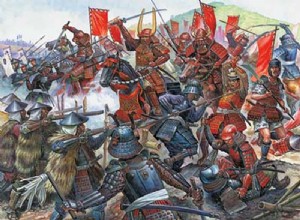Those who are Hindus used to consider cow as mother, believe it and will continue to believe it India is the only unlucky country in the world where the history of India to be taught is written by those people who are mentally slaves of the British, staunch opponents of their own countrys civilizat


![[Emperor Sutoku] The emperor hated by his father! What is life that makes you a ghost legend?](/article/uploadfiles/202207/2022072209262634.jpg)

